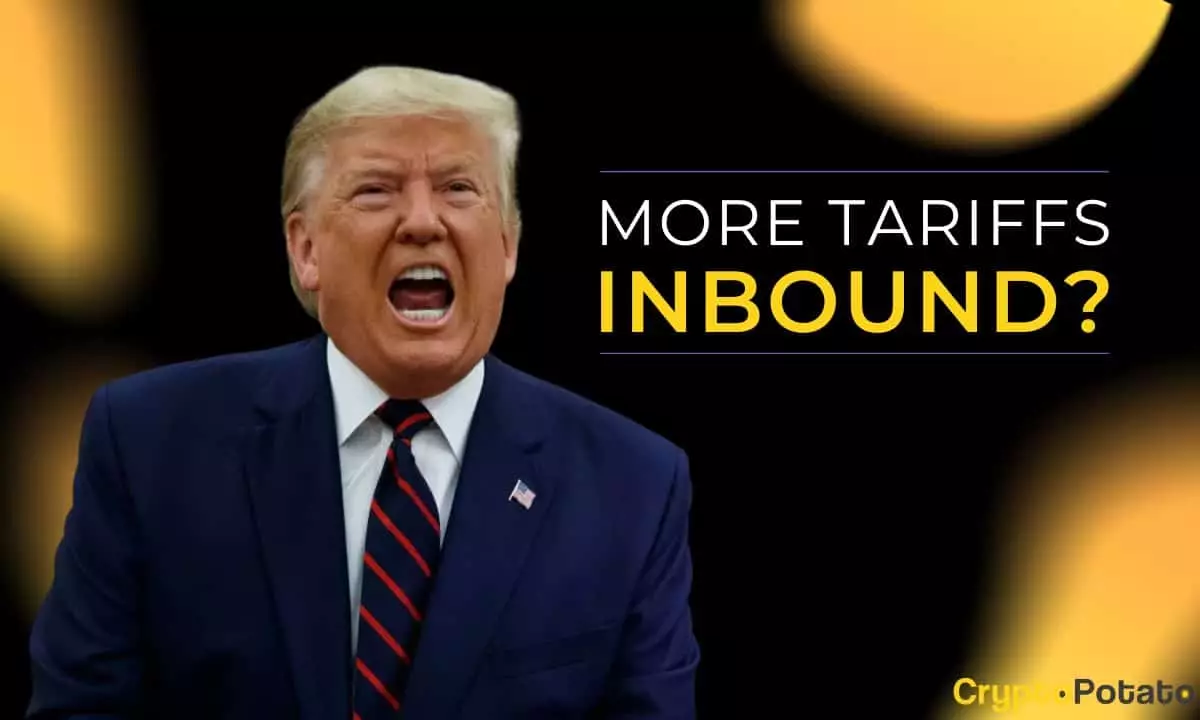The world was taken aback on April 2nd when President Donald Trump declared what he termed a “Liberation Day” for American trade. The announcement of sweeping tariffs on imports sent financial markets spiraling downward, rejecting the myth that American economic strength could withstand such drastic measures without repercussions. Economists and analysts anticipated some bounce-back in markets post-announcement, but instead, a palpable sense of dread enveloped them. The decision to impose a universal tariff of 10%, with additional punitive rates—a staggering 34% on China and 46% on Vietnam—signaled the start of what many are calling a potentially disastrous trade war.
As a firm supporter of the center-right ideology, I argue that Trump’s tariffs serve a dual purpose: to address the significant trade imbalances the U.S. faces while simultaneously showcasing the President’s image of strength on the global stage. However, this approach is fraught with peril. The rapid market declines reflecting fears of a prolonged trade conflict hint at serious ramifications for American businesses, consumer prices, and, crucially, the global trading landscape.
The International Response: Bullying or Justified?
In a flash, international responses materialized. China retaliated decisively with its own tariffs, and the tension escalated sharply. To any rational observer, it is clear that Trump’s aggressive stance has alienated allies and fueled animosity among trade partners. Critics label this behavior as “bullying,” claiming it violates established international trade rules. While one might argue that the President’s measures could be framed as justified retaliation against unfair global practices, one cannot ignore the immediate fallout.
Countries like Japan and members of the EU, though they have opted for diplomatic channels over immediate retaliation, are understandably hesitant. Trade Commissioner Maroš Šefčovič’s comments reflect a cautious belief in negotiation, but how long can this diplomatic veneer hold against potent economic pressures? It’s critical for the U.S. to find a balance between standing firm and being flexible, lest it risk isolation in an increasingly multipolar world.
The Market Landscape: A Cautionary Tale
The immediate reaction of stock markets was anything but reassuring. Over $5 trillion vanished as the major indices crumbled in the wake of this policy shift, reflecting a collective sense of dread and uncertainty. The S&P 500 suffered losses over 6%, and both the Dow Jones Industrial Average and Nasdaq moved into bear market territory. This is a troubling story, especially for investors who typically hold strong beliefs in the resilience of American enterprise and market forces.
A significant consequence of these tariffs is that they don’t just impact one sector; they hammer all economic activity. The tech giants, including Apple and Microsoft, that once seemed invulnerable, felt the pinch too. Their plummet starkly illustrates a broader systemic weakness that I believe invites serious scrutiny. Instead of promising nationalism, this situation portends lost jobs, higher consumer prices, and diminished global competitiveness. Does anyone genuinely believe that poorer consumers and investors will benefit from a gadget that costs significantly more due to tariffs?
The Crypto Conundrum: Decoupling from Tradition
Amidst the chaos in traditional markets, Bitcoin has remained surprisingly stable despite fierce criticism of its volatility. Over the past week, the flagship cryptocurrency has merely dipped 0.3%, seemingly unaffected by the economic storms around it. Herein lies a crucial insight: as traditional assets correlate with traditional economic pathways, Bitcoin’s possible divergence suggests growing confidence among some investors seeking economic refuge.
Expert commentary about Bitcoin’s decoupling from stock market fluctuations has left me considering whether cryptocurrencies might soon realize their true potential as a stable alternative in times of fiscal despair. This newfound stability, juxtaposed with the volatility of the stock market, creates a robust narrative that stakeholders must carefully evaluate in light of the ongoing trade war.
While the trade measures may have been birthed from a desire to restore balance, in reality, they threaten a cascade of economic woes that could ripple through global markets. It is imperative for American policymakers to navigate these turbulent waters judiciously, lest the country find itself navigating an unforeseen economic crisis, a test of both diplomatic acumen and economic wisdom.















